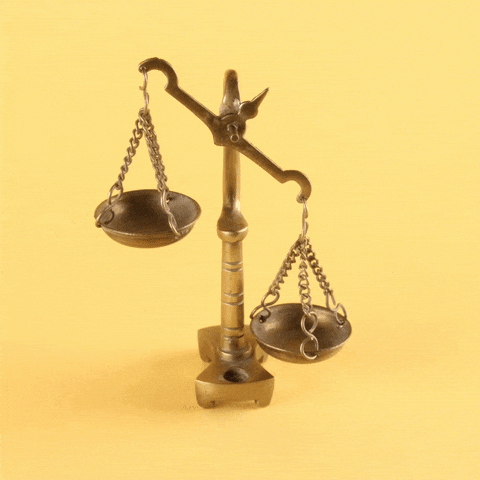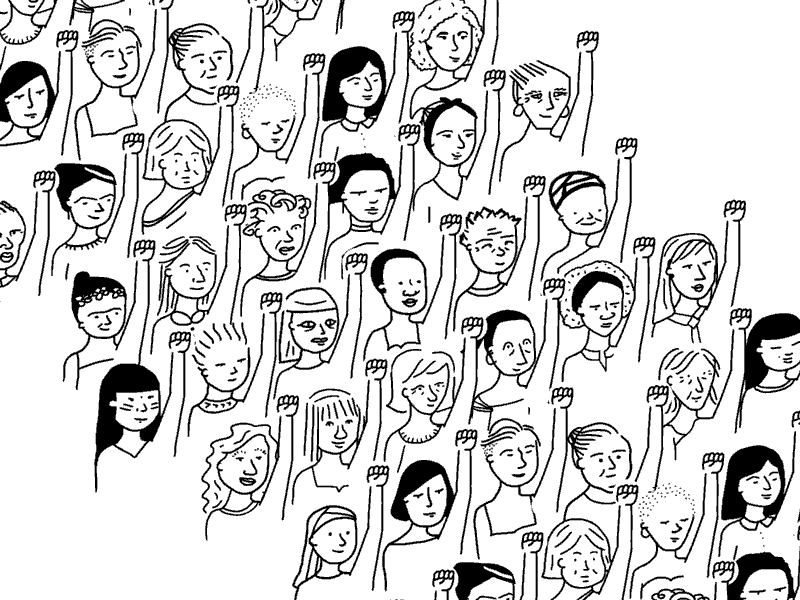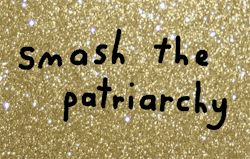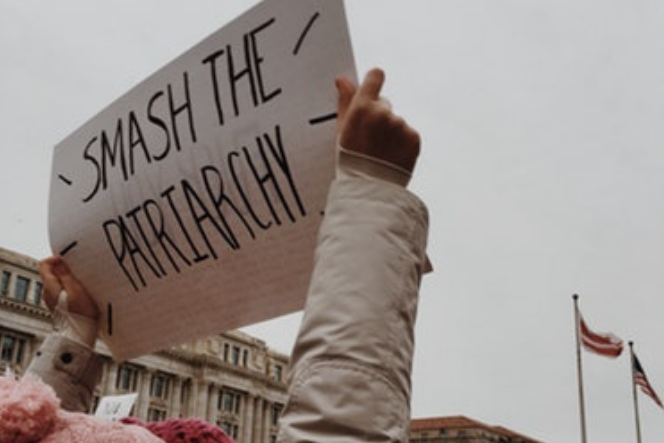It’s 2019 and there are still women out there who are not feminists and do not believe there is a power struggle between genders. This article will explore how to explain why feminism is important to a woman who does not share your beliefs. I believe that feminism is vital in order to have a fair society where every person is valued equally, regardless of their gender identity.

Firstly, we should consider social forces which push some women to disregard the importance of feminism.
It could be that they were raised by conservative parents who deny the existence of sexism in Australia, or perhaps it could be that contemporary society is so entrenched in sexism they haven’t even noticed the difference in equality between genders, and have accepted it as normal.
There might be a simple lack of education on the issue, they could believe that feminism is outdated or a dirty word, or they are trying to impress men by hating feminism (which is a form of internalized misogyny). It is also possible that they only think in terms of Westernised feminism and ignore global inequality issues. For example, women in some countries are not afforded the same rights as women in Australia, such as the right to education, the right to divorce or to vote, or may even face restrictions on driving a car.
From this, we can see that the need for feminism to solve inequality is not always immediately visible to a person.

Unfortunately, when a non-believer hears the word ‘feminist’, they tend to imagine a woman who is filled with unrighteous anger and hates all men. They slap the label of ‘feminazi’ on feminists of the modern age due to this portrayal that generally arrives from the mass media.
‘Feminism’ is seen as an outdated word by many. When challenged by someone who doesn’t believe in the cause, you should approach them with a personal definition. For instance, to me, feminism means being treated equally, and with the same importance as if I were a man. My work should be valued as much as a man’s and my time should be paid for in an equal sum to the man working beside me. I want to walk freely alone and not fear for my safety, I want to leave a drink while I go to the bathroom and not get date raped, and I want to be fairly treated by my male counterparts in the workplace, and in general life.

It’s also important to highlight the reasons you believe in feminism as this will highlight the key issues in an easy way for others to identify with.
I am very concerned about gendered violence, and the fact that women are victimised sexually and physically much more prevalently than men, and statistically by an intimate male partner, and in their own homes.
The pay gap is another key issue. It usually applies to people with salaries and not wages, but essentially (in context) a man will earn 14.1% more than a woman for performing exactly the same job.
Sexism is also a major problem in our society. This could be everyday sexism like catcalls, patronising mansplaining, degrading pet names from random men you just met, being asked to do demeaning tasks like fetch coffee in the workplace for a male superior when they’d never ask a man to fetch their coffee, or being told you’re too emotional, or if you’re not emotional enough, being called a bitch.

There is also the issue of systemic sexism which ensures that institutions such as government, hospitals and education facilities treat women differently; lesser than men. For example, childless women face certain judgements and discriminations which childless men aren’t subjected to. Childless women are often stereotyped by society as career-oriented, cold, child-hating and selfish, whereas childless men do not experience these stigmas.
I have been told feminism is for ugly women, for the ‘brains’ of the world. I can’t even begin to describe the anger that boils in my blood when I am told this. ALL women are attractive, everyone is attractive to someone and beliefs have nothing to do with the way a person looks. This links to misogyny structures in society that see women as valued by their level of attractiveness instead of their intellectual value. So, when some people meet a conventionally attractive woman and learn she is a feminist, boy are they SHOOK to their core!

I have been in many situations where I have had to defend being a modern feminist to women in my social circles. The main argument that comes up is somewhere along the lines of, ‘ew feminism means you hate men’ or, ‘I’m not a feminist, I’m an egalitarian’.
Let’s put this myth to bed! The word you’re looking for that describes people who hate men is ‘misandrist’ – not ‘feminist’. I love men, just not toxic ones, and that is my right as an individual. Egalitarianism is the idea that all people are equal and deserve the same rights and opportunities.
I’ve been in a situation where I had to justify my stance as a feminist to someone I was close to. One of my high school friends was very against feminism, and confronted me publicly to tell me I shouldn’t identify as a feminist because I believe in equality between genders and feminism is about women being better than men (which is a myth).
She was right, I do believe in equality, and I do want everyone to be equal. So, I told her that my personal belief is that if we as a society can not band together in feminism, and stop the blatant inequality and negative power imbalances between the sexes, then how can we hope to achieve bigger goals such as the removal of systemic racism, child soldiers, sex slavery and all manner of other horrors that exist in this world? Feminism must prevail before I can believe in the optimistic view of an egalitarian. Until then, I will remain a feminist and fight for this basic human right to not be treated differently just because I have a vagina.
This conversation didn’t end well as neither of us was mature enough at the time to respect our differences, so I unfriended her.
I wish you all better luck in explaining the plight of the feminist to your non-feminist friends and family.

